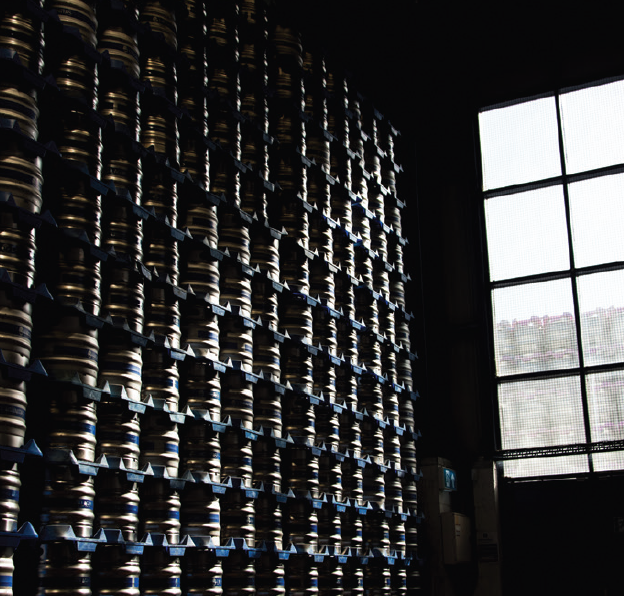Paul Hill spoke to two key decision-makers at the UK’s largest independent drinks wholesaler LWC Drinks at their Manchester head office
What is the history of the business?
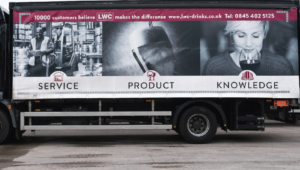 It was founded in 1979 by Robin Gray and Ebrahim Mukadam, and they are still at the helm to this day, where we have 1,300 members of staff, 16 sites and served 14,000 customers in the past year alone. Ninety-five per cent of our customers are on-trade – pubs, bars, restaurants and event spaces – but we also work closely with TUCO and NUS to serve the universities up and down the UK. Five per cent of our base is also selling to wholesalers directly.
It was founded in 1979 by Robin Gray and Ebrahim Mukadam, and they are still at the helm to this day, where we have 1,300 members of staff, 16 sites and served 14,000 customers in the past year alone. Ninety-five per cent of our customers are on-trade – pubs, bars, restaurants and event spaces – but we also work closely with TUCO and NUS to serve the universities up and down the UK. Five per cent of our base is also selling to wholesalers directly.
Where is LWC based?
All of our depots are strategically placed to provide as much coverage across the UK as possible. This means that all buying, design, marketing, e-commerce, accountancy and IT functions operate out of the Manchester support centre. This is also the home of our bonded hub. Beyond this, our regional depots are able to operate fairly independently, with the guidance and support of our Manchester teams. They have their own P&Ls, their own sales teams, their own managers and their own region-specific listings. For example, our Cornwall and Hereford depots will list many more cider brands than perhaps our north-east depot, as the demand for local cider brands in those regions is higher. Also, we’ve expanded off-trade activity recently through our Signature Brands, reaching as far as Australia and Canada.
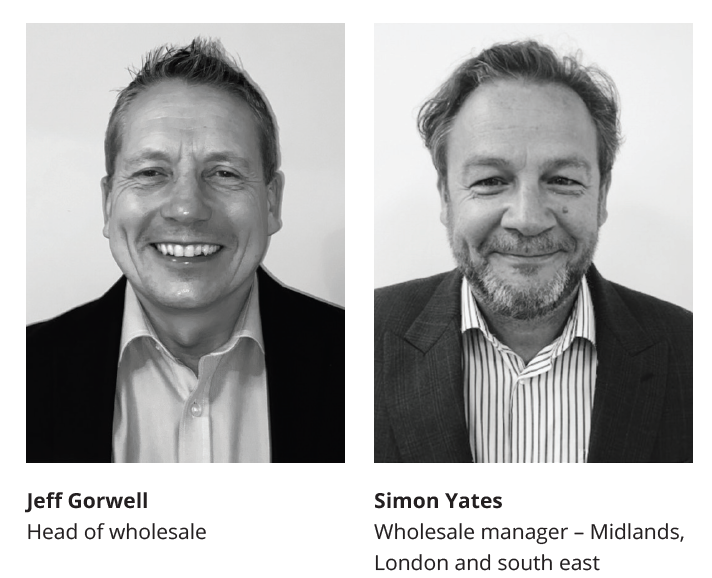
What is LWC’s USP?
I’d say we always deliver – on time, seven days a week. We also have around 22 wine development managers – all fully trained, qualified to WSET level and extensive knowledge of the industry. This
includes wine educators, too, who provide industry-recognised qualifications – to customers and staff.
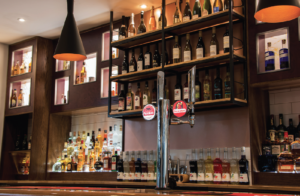 Furthermore, we have our own Signature Brands collection of spirits, beers and ciders that we have rights to or own, which we deliver across various channels from wholesale to retail. We offer cocktail training and brand immersions to help our customers maximise their profits.
Furthermore, we have our own Signature Brands collection of spirits, beers and ciders that we have rights to or own, which we deliver across various channels from wholesale to retail. We offer cocktail training and brand immersions to help our customers maximise their profits.
Not only this, we also have our own pub group, Dorbiere, with over 40 pubs across the UK, which helps us understand the industry, as well as serving as a testing ground for products.
Read more: LWC Drinks opens new £12.5m facility
What is your growth plan over the next couple of years?
Opening new depots in Andover and Doncaster to expand our reach, and also moving to bigger depots in the north east and Teesside.
Another unique move we’re making is opening up a site in the south dedicated specifically for festivals and events.
Other than locations, we’re looking to invest into all of our teams and aim to grow across online and e-commerce this year; invested into new platforms, product development and growing the team.
What is your overarching strategy?
On the whole, we want to become the best service provider across the on-trade and wholesale, and continue to develop and add new products to our Signature Brands and Signature Wine ranges. Furthermore, we want to continue building new sites and locations to keep up with demand and serve every corner of the UK.
We’re also continuing to invest in our people by running our Warehouse to Wheels 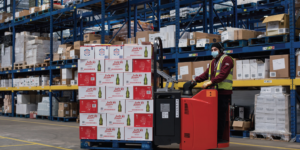 programme to help upskill our warehouse staff. We also have a strong apprenticeship programme that sees apprentices learn while they work across all areas of the business and deliver training qualifications to everyone from telesales to marketing.
programme to help upskill our warehouse staff. We also have a strong apprenticeship programme that sees apprentices learn while they work across all areas of the business and deliver training qualifications to everyone from telesales to marketing.
What is the best thing about working at LWC?
We’re adaptable – we adapted during Covid-19 – we’ve got lots of different arms of the business, so we’ve got a 360-degree of the industry. Also, we invest in people, as mentioned before, and we’re looking to create charity partnerships and, locally, each depot has numerous charitable initiatives they’re involved in. Earlier this year, we donated 9,000 bottles of water to Age UK service users, and we sponsor a local grassroots sports club like Manchester Baseball Club as well as big names, such as St Helens Rugby Club. We also donate to projects in Bangladesh, foodbanks and for seasonal campaigns such as Mission Christmas.
What has the company done to improve its environmental footprint?
We are no longer purchasing diesel cars or vehicles and are slowly replacing our unleaded and diesel vehicles. We’re also investing into full electric and hybrid cars. We continually modernise and maintain the fleet through the use of greener fuels. On top of this, we’re constantly trying to reduce the carbon footprint by using computer-generated delivery routes to ensure effective and fuel-efficient routes.
Also, waste produced from storage and distribution is collected and compacted on each site and then collected by recycling partners, and we’ve implemented annual audits under the Streamlines Energy and Carbon Reporting Scheme.
Read more: LWC Drinks and Harvest form unique alcohol partnership
